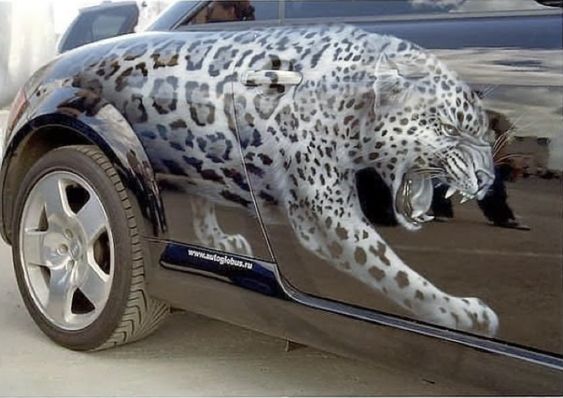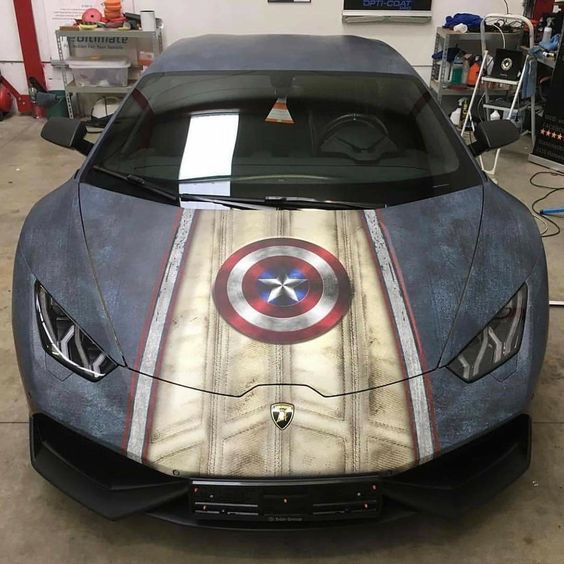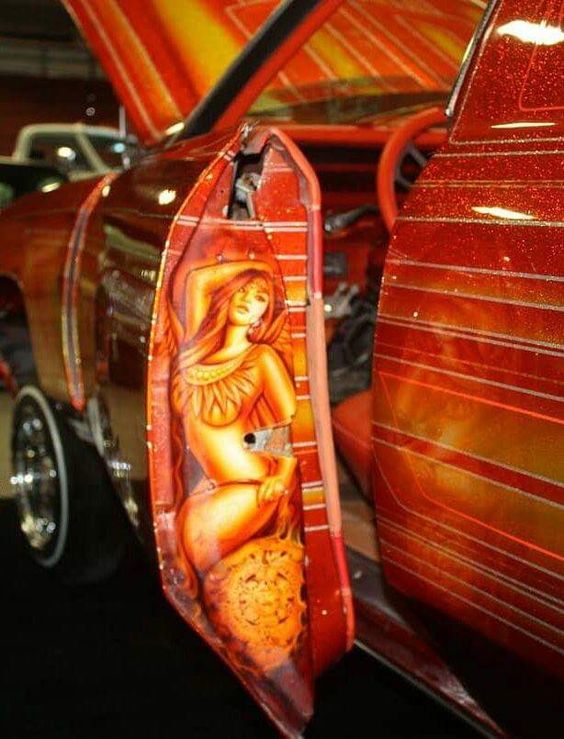collector's club Albertino
Customized Cars: Know the Necessary Care and Modifications Allowed by Law
The trend of customized cars attracts automotive enthusiasts, but it’s essential to be aware of the restrictions on alterations and understand what can or cannot be legally modified in the vehicle. Regulatory bodies establish limits to ensure the safety of the driver and other road users.
Certainly, if you are a collector of vintage or rare cars, you may not intend to customize/tune your treasures. However, if you want to make these changes to an “ordinary” car, you can turn it into something unique and, why not, rare.
Whether it’s a turbocharged car, naturally aspirated engine, lowered structure, or custom paint, various interventions can transform your vehicle. However, consulting the Department of Motor Vehicles (Detran) before starting any customization is fundamental, and obtaining permission for the desired changes is crucial. Changes that affect the category and performance of the vehicle are generally prohibited. In case of approval, it is crucial to keep documents that prove permission to avoid possible fines.

The passion for customized cars that stand out from the rest is understood by those who possess it. If you want to customize your vehicle within legal norms, continue reading to know which modifications are allowed:
Aesthetic Modifications: Aerodynamic Kit
To give your car a sporty look, an aerodynamic kit, consisting of rear spoilers, side skirts, spoilers, or splitters, is an option. These modifications, considered aesthetic, are allowed by the National Traffic Council (Contran) and are not subject to restrictions.
Wheels and Tires: Caution in Modifications

When changing wheels and tires, caution is required because changes to these elements can affect the car’s suspension. Lowering is prohibited, and modifications to the shocks are allowed only in fixed models. Adjustable suspensions require approval from the National Institute of Standards and Technology (NIST) and the National Highway Traffic Safety Administration (NHTSA), with the lowest point of the suspension at least 10 cm from the ground. Regarding tire width, it is not allowed to exceed the limits of the fenders.
Xenon Headlights: Restrictions after Manufacturing
The use of xenon headlights after the vehicle’s manufacture is restricted by law. Vehicles manufactured with this device can keep it, but in other cases, its use is prohibited by Contran.
Windows: Transparency Regulation

For automotive films against excessive brightness, it is important to follow Contran regulations. The transparency of the windows must adhere to the following guidelines:
75% on the windshield;
70% on the front side windows;
50% on the rear side windows;
28% on the rear window.
Sound System and DVD: Decibel Limits
When changing the car’s sound system, it is crucial to respect legal limits. The sound allowed by law is up to 104 decibels at half a meter from the vehicle. Exceeding this limit is prohibited.
To regularize modifications, the owner must follow some bureaucratic steps:
Request authorization from Detran, presenting the vehicle documentation;
Make the modifications according to the allowed standards, in a trusted workshop;
Go through a vehicle inspection at a Licensed Technical Institution (ITL). If approved, the ITL issues the Vehicle Safety Certificate (CSV);
Submit the CSV to the corresponding state agency for document update.

Now that you know the allowed modifications, check out four tips to customize your car within legal limits:
Invest in a quality sound system: When installing a new sound system, consider sound quality, type of sound (internal or external), power, and ease of use.
Involve the paint: Use creativity to customize the car’s paint with available wrapping technologies, offering various options of colors, finishes, and even image prints.
Change the wheels: A set of wheels can significantly impact the car’s appearance. Choose carefully, considering important specifications.
Lower the suspension safely: If you choose to lower the suspension, do it properly, avoiding cuts in the springs. Systems designed for the specific car ensure an attractive look while maintaining safety.
Always remember to seek correct information and rely on qualified professionals when customizing your car. Inappropriate modifications can result in legal and mechanical problems. Share this knowledge with your fellow customized car enthusiasts. Until next time!



Seja o primeiro a comentar!